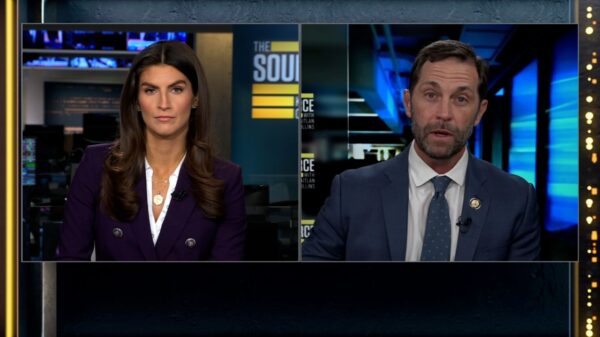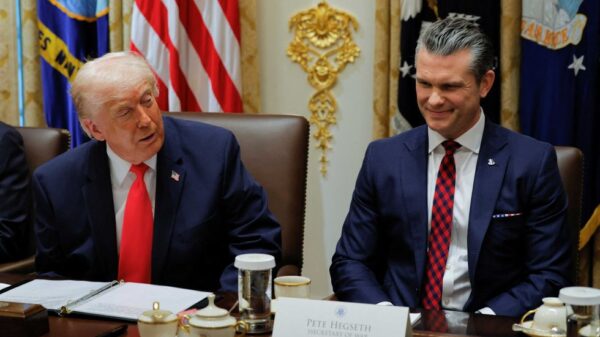President Javier Milei and his coalition, La Libertad Avanza (LLA), experienced a significant setback in the recent local legislative elections held in Buenos Aires. The coalition finished approximately 14 percentage points behind the opposition, led by the Peronists, who not only secured first place but also increased their lead compared to the 2023 elections by two percentage points. This defeat raises questions about the strength of Milei’s libertarian movement as Argentina prepares for national legislative elections in October 2023.
Buenos Aires represents around 40 percent of Argentina’s electorate, making this election a critical indicator of Milei’s popularity and the viability of his policies. Despite a slight improvement over his individual performance in the previous election, the combined efforts of LLA and the center-right Propuesta Republicana (PRO) fell short of gaining the anticipated anti-Peronist majority.
In accepting the defeat, Milei acknowledged the outcome, stating, “We have suffered a clear defeat today….We must accept the results.” Nonetheless, he expressed optimism, characterizing the election result as the opposition’s “ceiling” and his coalition’s “floor,” indicating that it may have been their worst performance but not the end of their ambitions. He committed to persisting with his austerity measures and market reforms, asserting, “Either freedom advances, or Argentina regresses.”
Finance Minister Luis Caputo reinforced this sentiment on social media platform X, asserting that economic policies would remain unchanged. “Nothing will change economically. Not in terms of fiscal policy, monetary policy, or exchange rates,” he stated.
The Peronist movement, long a dominant force in Argentine politics, demonstrated its ability to mobilize voters effectively. As noted by Argentine journalist Eloy Vera, the local political machinery, characterized by longstanding networks of mayors and local operators, plays a crucial role in provincial elections. These leaders are motivated by their need for re-election, which fosters a strong voter turnout. However, Vera cautioned that this incentive structure may not carry over into national elections, where the intensity of mobilization may diminish.
The poor showing for LLA can be attributed to several factors, including allegations of corruption involving Milei’s inner circle, internal coalition disputes, and the president’s polarizing style, which may energize loyal supporters but alienate undecided voters. The movement itself remains divided on the cause of its defeat, with various factions attributing the loss to Milei’s stringent austerity measures, a chaotic campaign, or ineffective execution.
Following the election results, financial markets reacted swiftly, with the Argentine peso weakening and country risk increasing. Argentine equities also experienced a significant decline in New York trading. Prior to the elections, the Argentine Treasury was contemplating intervention in the exchange market. Guillermo Idiart from La Nación observed that markets are more concerned with political stability than new fiscal promises.
The electoral outcome has implications for the future of Peronist politics as well. Former president and party stalwart Cristina Fernández de Kirchner saw her influence diminish, while current Buenos Aires Governor Axel Kicillof emerged as a prominent figure within the movement. Kicillof’s strategy to separate the provincial election from the national vote has strengthened his position and signaled a potential shift in Peronism’s identity, moving away from the Kirchnerist legacy towards a more populist appeal.
As political scientist Andrés Malamud commented, Kicillof’s victory represents a transition within Peronism, emphasizing a return to its foundational principles of popular appeal and power dynamics. While Kicillof’s influence currently remains provincial, the broader narrative suggests that the perceived decline of the Peronist movement following Milei’s rise may have been premature.
Looking ahead, the upcoming national elections in October will serve as a critical test for Milei’s administration and the broader political landscape in Argentina. The results will reveal whether the libertarian movement can regain momentum or whether the Peronists will consolidate their power further.







































































